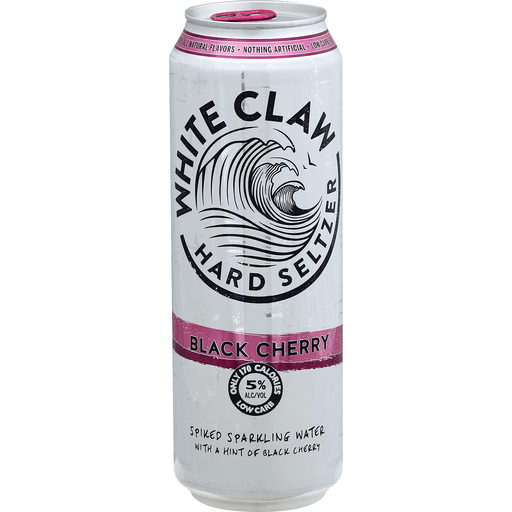Have you ever searched for something and that product continues to follow you in either video or banner form across different sites? And does the messages remind you, every day, to “buy” that product? By now you’ve probably noticed that “YES these digital ads have been tracking me”. It’s becoming common knowledge that online ads are following us and we’re, yes – you, are allowing it to happen. There are walled gardens that are monetizing your data.

WHY does this WHITE CLAW ad keep following me?!
The internet seems like a free space with limited restrictions. I’m sure you go online every day and you have your sites that are your go-tos which are easily accessible. A walled garden is a company or an environment that controls access and their own data such as Google, Facebook and Amazon. They will not share this data unless you use their platforms, and they have the power to do so.
I know there are documentaries out there about digital ads, and you’ve might have read in some of my posts that it’s a little part of what I do at my job. But there’s something big happening in the industry that will affect how advertisers target their consumers. That big thing – is elimination of cookies. Cookies will be removed on Google Chrome in 2022. Yes, cookies.

Cookies are little tracking files that leaves “crumbs” on the internet of where you have been. It tracks your behavior, content you’re viewing, language, location and so many more attributes, you get the idea. It’s pretty harmless (it doesn’t collect PII data like your name, CC number, or your personal information) and essential unavoidable if you are reading this right now (using the internet). I’m not going to get into the nitty gritty of cookies you can read more about it online.
What I want to hone in on the importance of cookies for advertisers. Cookie collection allows advertisers to target consumers who have purchase intent for their product, have purchased and/or target those who fall into a look-a-like cookie pool of those previously stated. Cookies create different identity pools that can be cut into different audience segments for different types of behavior targeting.
With this information at a very high level, with the elimination of cookies on Google Chrome (one of the largest search and internet browsers) it’s going to be very difficult to target consumers based off their online behaviors.
I can’t tell if you’re happy about this…
As an ad tech expert, I’m not sure how I feel about this, but it’s very exciting. The ad world is ever changing and always offering opportunities and new challenges. We’ve lived in a world where viewability, invalid traffic (IVT), mobile ads, omni-channel targeting have all become a “thing” since 2012 and we’ve combat and created new measurability because of these conversations. This industry is booming and becoming smarter so quickly just to protect its consumers. This is such an important topic that has been tabooed for so long. Publishers are talking about pursuing only contextually targeting solutions which is the easy way out, to me.

My only prediction is that these publishers are going to start adopting the subscription (free and paid) model to collect their own 1st party data on their consumers. This will increase cost and make their targeting more valuable as it will be high quality.
But if this happens, will consumers become smarter, and make fake online identities (emails) to protect themselves?
Time will only tell….

6 Responses to What are we going to do without cookies?